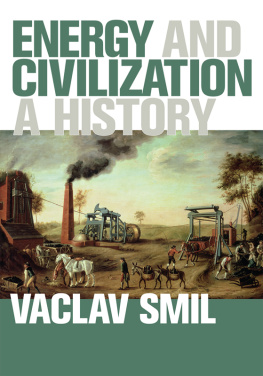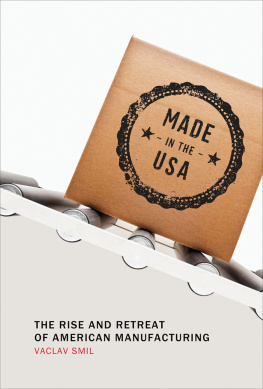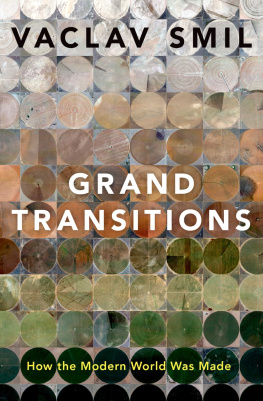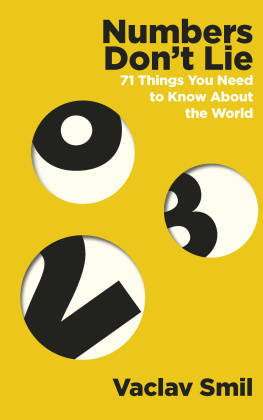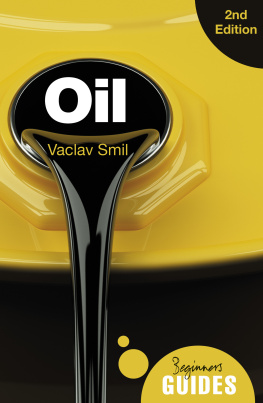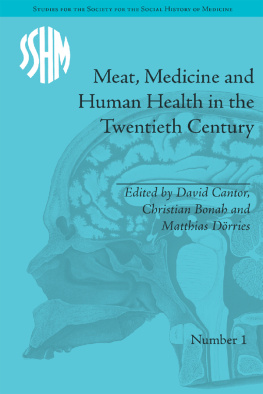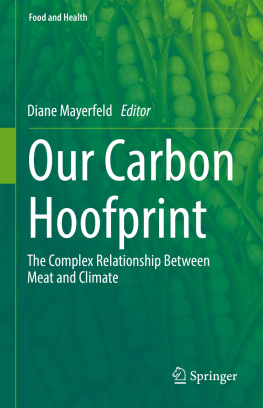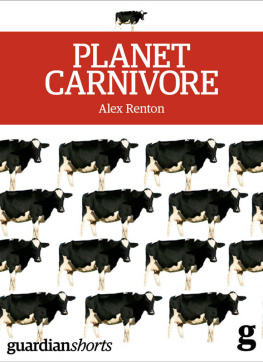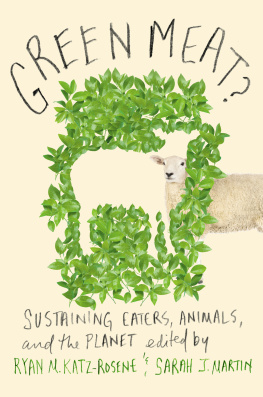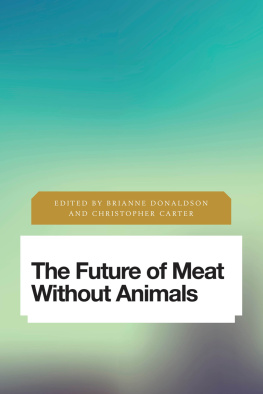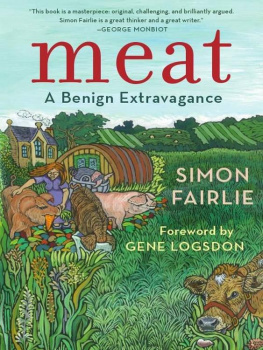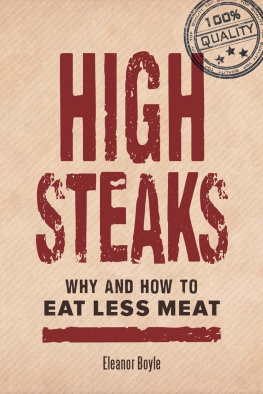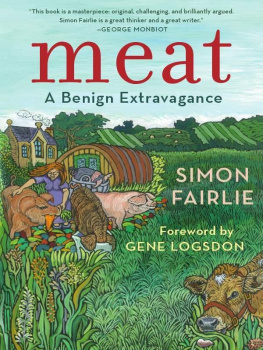Vaclav Smil - Should We Eat Meat Evolution and Consequences of Modern Carnivory
Here you can read online Vaclav Smil - Should We Eat Meat Evolution and Consequences of Modern Carnivory full text of the book (entire story) in english for free. Download pdf and epub, get meaning, cover and reviews about this ebook. year: 2013, publisher: Wiley-Blackwell, genre: Politics. Description of the work, (preface) as well as reviews are available. Best literature library LitArk.com created for fans of good reading and offers a wide selection of genres:
Romance novel
Science fiction
Adventure
Detective
Science
History
Home and family
Prose
Art
Politics
Computer
Non-fiction
Religion
Business
Children
Humor
Choose a favorite category and find really read worthwhile books. Enjoy immersion in the world of imagination, feel the emotions of the characters or learn something new for yourself, make an fascinating discovery.

- Book:Should We Eat Meat Evolution and Consequences of Modern Carnivory
- Author:
- Publisher:Wiley-Blackwell
- Genre:
- Year:2013
- Rating:3 / 5
- Favourites:Add to favourites
- Your mark:
Should We Eat Meat Evolution and Consequences of Modern Carnivory: summary, description and annotation
We offer to read an annotation, description, summary or preface (depends on what the author of the book "Should We Eat Meat Evolution and Consequences of Modern Carnivory" wrote himself). If you haven't found the necessary information about the book — write in the comments, we will try to find it.
Meat eating is often a contentious subject, whether considering the technical, ethical, environmental, political, or health-related aspects of production and consumption.
This book is a wide-ranging and interdisciplinary examination and critique of meat consumption by humans, throughout their evolution and around the world. Setting the scene with a chapter on meats role in human evolution and its growing influence during the development of agricultural practices, the book goes on to examine modern production systems, their efficiencies, outputs, and impacts. The major global trends of meat consumption are described in order to find out what part its consumption plays in changing modern diets in countries around the world. The heart of the book addresses the consequences of the massive carnivory of western diets, looking at the inefficiencies of production and at the huge impacts on land, water, and the atmosphere. Health impacts are also covered, both positive and negative. In conclusion, the author looks forward at his vision of rational meat eating, where environmental and health impacts are reduced, animals are treated more humanely, and alternative sources of protein make a higher contribution.
Should We Eat Meat? is not an ideological tract for or against carnivorousness but rather a careful evaluation of meats roles in human diets and the environmental and health consequences of its production and consumption. It will be of interest to a wide readership including professionals and academics in food and agricultural production, human health and nutrition, environmental science, and regulatory and policy making bodies around the world.
Vaclav Smil: author's other books
Who wrote Should We Eat Meat Evolution and Consequences of Modern Carnivory? Find out the surname, the name of the author of the book and a list of all author's works by series.

